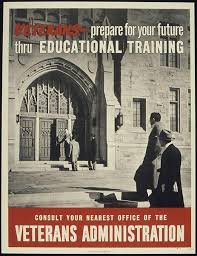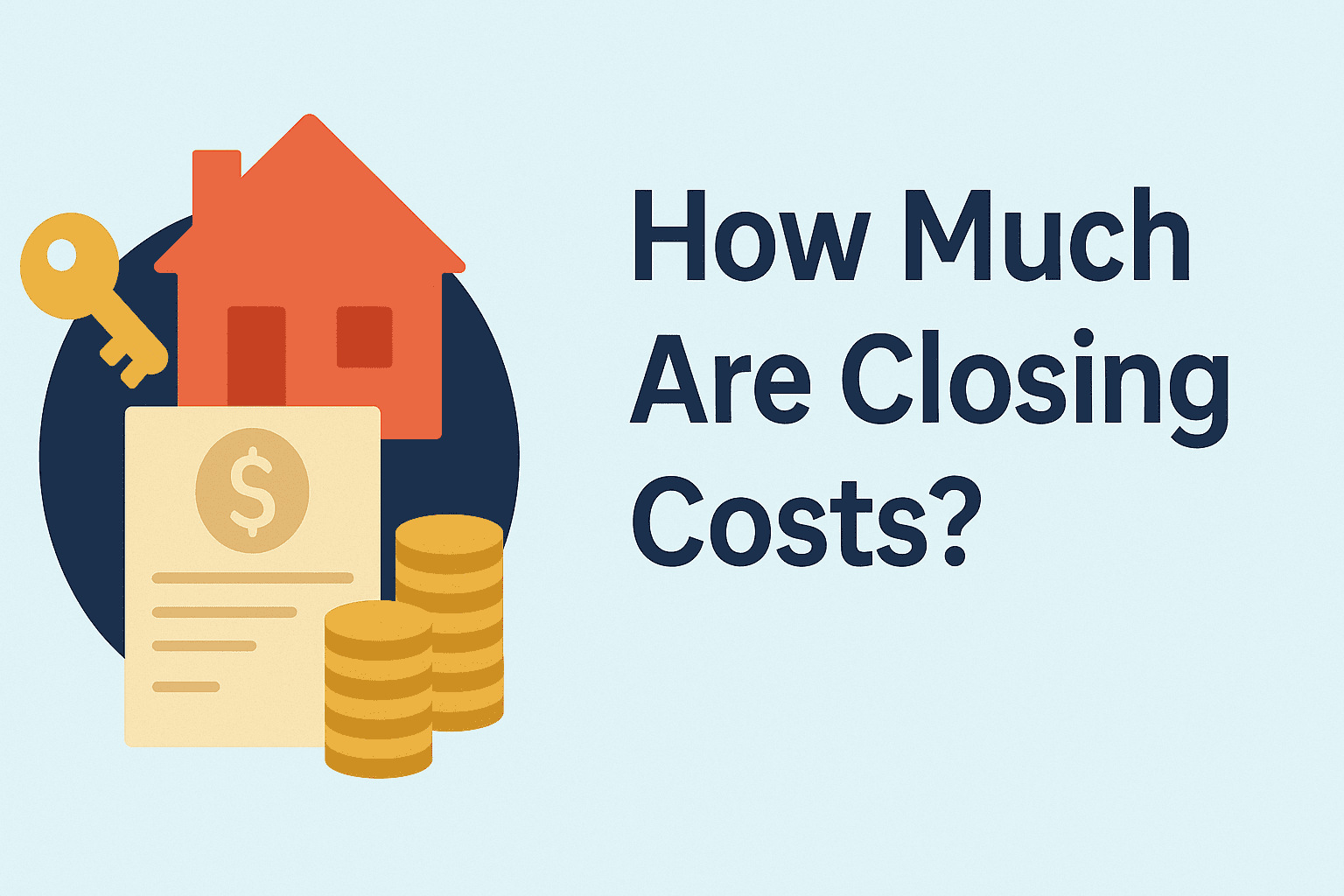Last updated on February 6th, 2022 at 06:27 am
Why is this article connecting Student Loans and Retirement? Why student loans when most people who retire will have paid them off? Starting with the typical questions, I will attempt to provide these answers and why the questions are being asked not just in this article but all over the country. The reason for this article is because of the meteoric rise in the amount of student debt over the past eight to ten years.
According to Betsy DeVos, U.S. Secretary of Education, most student loans were issued by banks. During the previous administration, a decision was made to have the government sponsor the debt. Educational institutions saw this as a green light to raise tuition and other costs so they did. The government kept guaranteeing the loans and debt was piling up.
During the past few years, the number of individuals with debt has remained fairly stable it’s the amount of debt that individual students are accumulating that is rising. Knowing the problem does not solve yours but this article will hopefully help you from becoming part of the national problem.
A bit of history
In previous generations only a portion of the population attended college. After World War II ended and the GI bill became law of the land, millions of war veterans went to college. The GI Bill paid the entire cost for most veterans to earn an undergraduate degree.
This single bit of legislation helped put people on the moon. The engineers and scientists who were former soldiers propelled our economy with innovation and productivity improvements. That generation passed on to the next its drive and need for education so the number of college graduates continued to grow.

Some people in the 1960’s and 1970’s even went to college to avoid the draft. After the Vietnam war ended, tens of thousands of veterans used the GI Bill once again to attend college, and once again most earned their degrees without any out-of-pocket cost.
In the 1980s, high schools in many urban areas dropped shop classes in their belief that everyone wanted to attend college instead. As a direct result, in my opinion, we have a severe shortage of skilled labor jobs e.g. plumbers, electricians, etc.
With so many attending college just because it’s the thing to do and being pushed by parents to obtain a degree in well, anything, kids are filling slots in colleges across the country. In the Western states, foreign students are crowding out some American students because they are bringing their newfound wealth to pay full price for a degree.
With all of this competition, colleges have continued to increase the fees and tuition because they can. It’s a free market at work. These institutions know that they can create almost any learning path and students will dive in.
Students can earn degrees in basket weaving, watching grass grow when the sun comes up in the morning, etc. So, parents eager to send their kids off to college allow them to enter these degree majors and by the time they graduate they have zero marketable skills. The only thing they came away from college with is a giant invoice which they will pay off for the next 10-25 years.
This is where Student Loans and Retirement Come In.
This is where student loans and retirement come into the picture. Some people wait to start families until they are in their mid 30’s and even later. Perhaps that is because they have student loans that have caused them to put off household formation (term for no marriage, no children, no home ownership).
An all too common story
For those of you who started later in life e.g. mid-’30s (remember, a few hundred years ago, 25 was middle age), your children may be in college when you are planning and saving for retirement at say age 55-60 or later. Perhaps things are going well with your savings program, a married couple putting away the maximum into their 401k plan.
Then your son/daughter wants to go off to college in the West and live in the dorm. You calculate the cost and it comes to about $150,000 for the four-plus years to obtain their degree. Ok, that’s not too bad you figure because your child can get a loan and pay it back over 25 years.
Just as the university they will attend has accepted your son/daughter, you read the information about student loans and realize that you will have to co-sign for Johnny or Sally. After some thinking, you agree to co-sign for the loan. After all, this is important to your child so off to college he/she goes. You find years later at graduation that you were fortunate that your child did not drop out of school and end up working at a fast-food place. That was a relief.
The next step for your child is to find gainful employment within the six-month window the loan allows before repayment begins. This is when shock sets in. Your child earned a BA in basket weaving and Google is not looking for anyone with a basket weaving degree but Starbucks is.
Your adult child lives at home
Your child likes working at Starbucks, she/he has met friends there and after all your child still lives in your home and you are providing food and other things including gas for their car.
That salary at Starbucks however is not quite enough for your child to pay back the student loan and at the same time move out into an apartment even with five or six friends let alone pay for electricity, water, etc. After a few months, your child decides to leave Starbucks and take some time off looking for a better job.
After several months where you stepped in and made the payments during the sabbatical, you realize that your child, the love of your life is not fiscally competent. If you do not make the payment on the loan your credit is damaged. So you reduce what goes into your 401k by the amount of the loan.
Years go by and your child has finally moved out (if you were lucky) but their latest job is not enough for them to pay the loan and go out for beers on the weekends.
You are now 66-67 at full retirement age. You want to retire but that student loan still has 10 years left and your child may never be able to repay it. You want to buy a new smaller home on the Mississippi Gulf Coast to retire but if you retire, that loan will prevent you from obtaining financing because it pushes you outside the 36% total debt window. At this point, you decide to keep working even though you are having some minor health issues. After all, why would you discuss the health issues and retirement plans with your fiscally deficient child?
Solutions to Student Loan Debt in Retirement
If you want to prevent being part of the story above, start with your children early in life. Teach them the value of money. You may be giving them everything they want (not just need) but they have no idea how this happens.
As your children grow older, explain how to use a savings account by opening up a Roth 401k and working with them to deposit money they have earned from chores. Show them the growth in the fund (hopefully there is growth).
As they grow into their early teens, discuss possible careers. By this point, they are probably past being a fireman and policeman that they saw on TV (these are great careers, no disrespect meant). Talk to them about two paths. College of course to become for example a rocket scientist but also the trades.
Perhaps your child is good with his/her hands and likes to build things. Buy some tools and let them express themselves. For example, building a cabinet or repairing a wagon. If they seem to have an aptitude in this direction encourage it.
Check out the article above published in Entrepreneur web site. It puts education into perspective visually.
Do not simply decide for your children that they will go off to college and that is that because you went to college. If your child has the aptitude for something they can learn in college then by all means go that direction.
Go to websites at the time and find what careers pay well and more important will be in demand in the future. This link is an example of what is out there: https://www.cbsnews.com/media/the-9-most-in-demand-jobs-that-pay-more-than-100000/
You want your child to succeed, work with her/him to find one of the careers on the list of the most wanted to pursue. Visit businesses, government, etc. who hire these types of people. You may find that some businesses will sponsor promising high school students.
This is a good article about the cost of college: https://www.usnews.com/education/best-colleges/paying-for-college/articles/what-you-need-to-know-about-college-tuition-costs
If you have not yet picked up on one of the key points her it is that if your child is to obtain a large student loan, they need to be responsible to repay it. They can only do that if they earn enough to do so. If they choose a career that can earn sufficient income to repay their debt their life and yours will be improved.
Consider this new scenario:
Your child decides to become a Pharmacist that makes $120k per year. In a few years after graduation, he/she meets their soulmate. They decide to get married because they are both working and paying off their debt with money to spare for their retirement.
They get married and decide to buy a house. Because they are paying their student debt every month, they are approved and buy a house. A couple of years later they have your first grandchild. The best part, this happens while you are still relatively young and healthy.
Now you find that you have become the babysitters of choice as your kids go off to some island for two weeks alone. Wow, what a different scenario.
You as parents and future retirees have an outsized influence on your children’s futures. Take an active role to see that they succeed. When they come to you and say “Mom and Dad, I want to take basket weaving in college”. You find that they want this and it is their lifelong (not so long at this point) dream.
Seniors paying college debt
It’s time to go back to the numbers. You need to explain your retirement plans and how this type of decision will affect their future and yours. So you compromise and they go to a local community college to “sort out” their major. After two years they may decide to select a career that will allow them to earn a good living. Now it’s time to finish the undergraduate education at another school, perhaps a state school.
You then agree to co-sign for a small student loan if they agree to work during the summers and perhaps part-time during the school year to help out with their living expenses. Of course, you offer for them to stay at home and attend a local university.
Retirement planning should involve not only the principals but their families as well in the later stage. You need to explain that the last thing you want to be is a burden on their lives. If you end up in debt because of their defaulted student loans or loans you picked up and paid, who will you turn to later in your retirement for support?
If your child never earned enough by that time to do much more than just get by with a small apartment, how can they help you? Part of your retirement should include financial independence for you and no burden on your children.
In closing, if you agree to cosign on student debt, have a frank discussion with your child about the damage a defaulted loan will do to their and your credit. Hammer this home if necessary. And, be sure that you are notified by the financial institution of any late or missing payments.
Part of your arrangement with your child is that they inform you if they cannot make a payment. Not the day it is due but in advance. If you step in to help with a single payment, you will want to know when they can make it up to you. Instill this idea of personal responsibility in your children when they are young and reinforce it during the discussion about the potential student loan.
And again, remind your son/daughter of your plans for the future including retirement.
Please read other articles on our site about retirement.
Discover more from RetireCoast.com
Subscribe to get the latest posts sent to your email.









